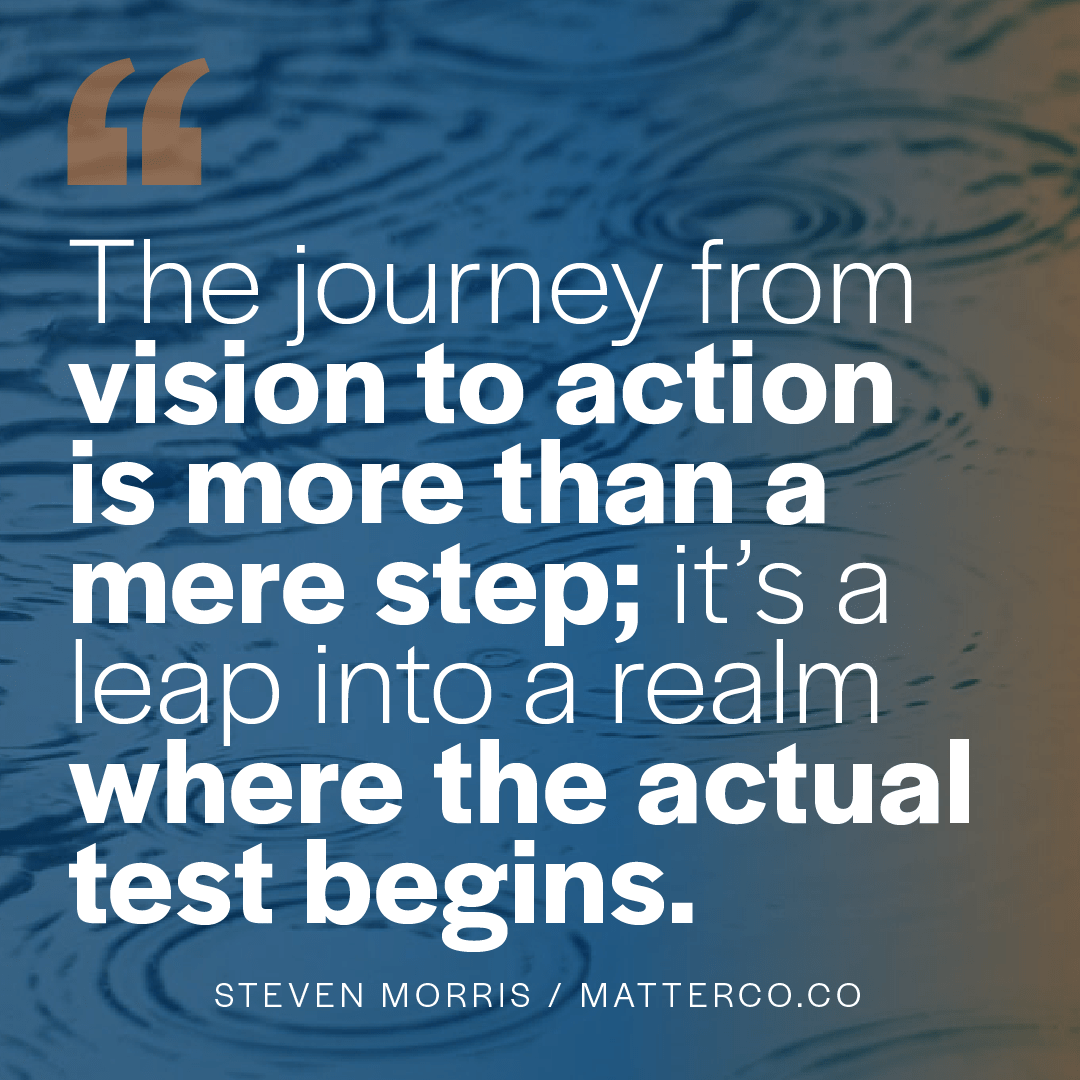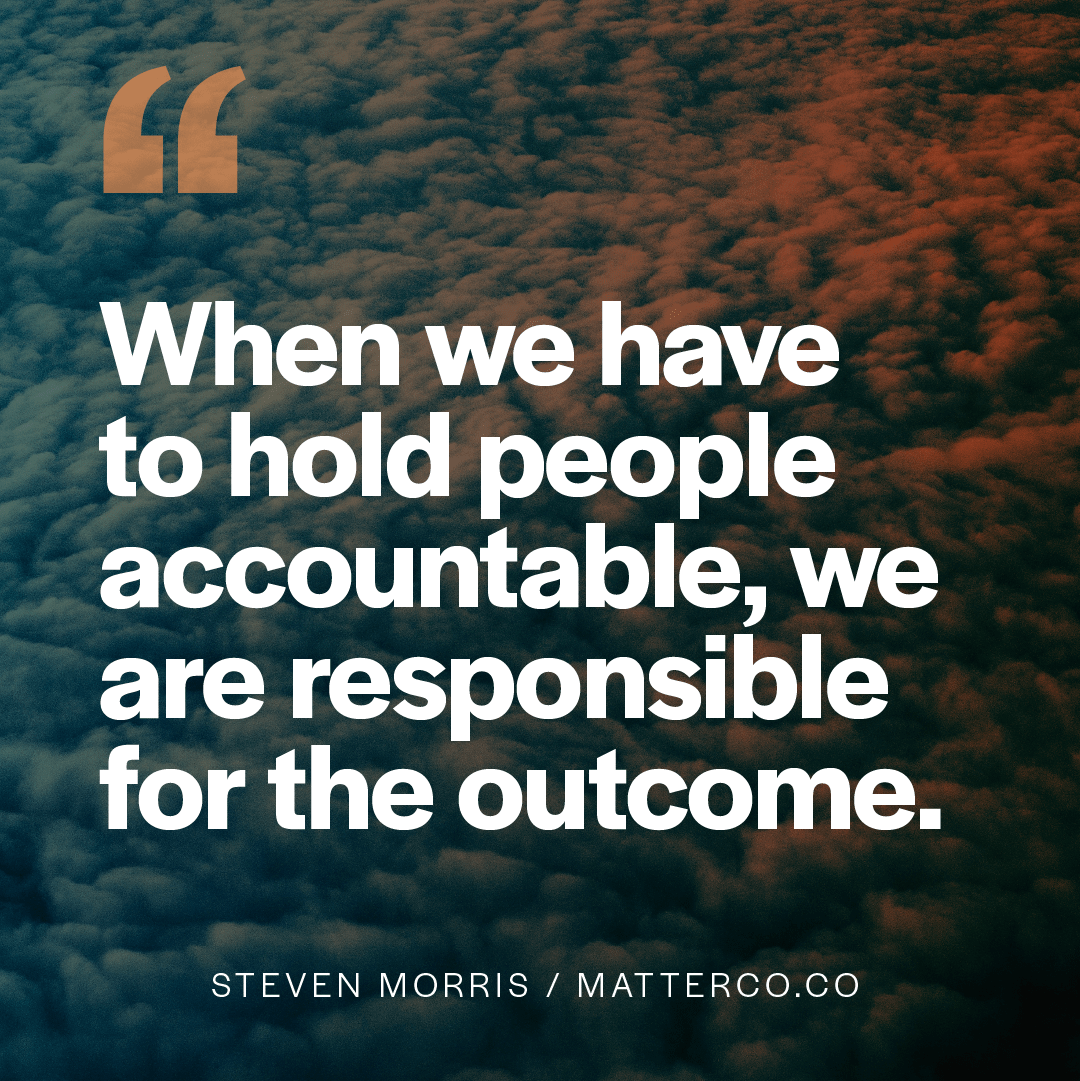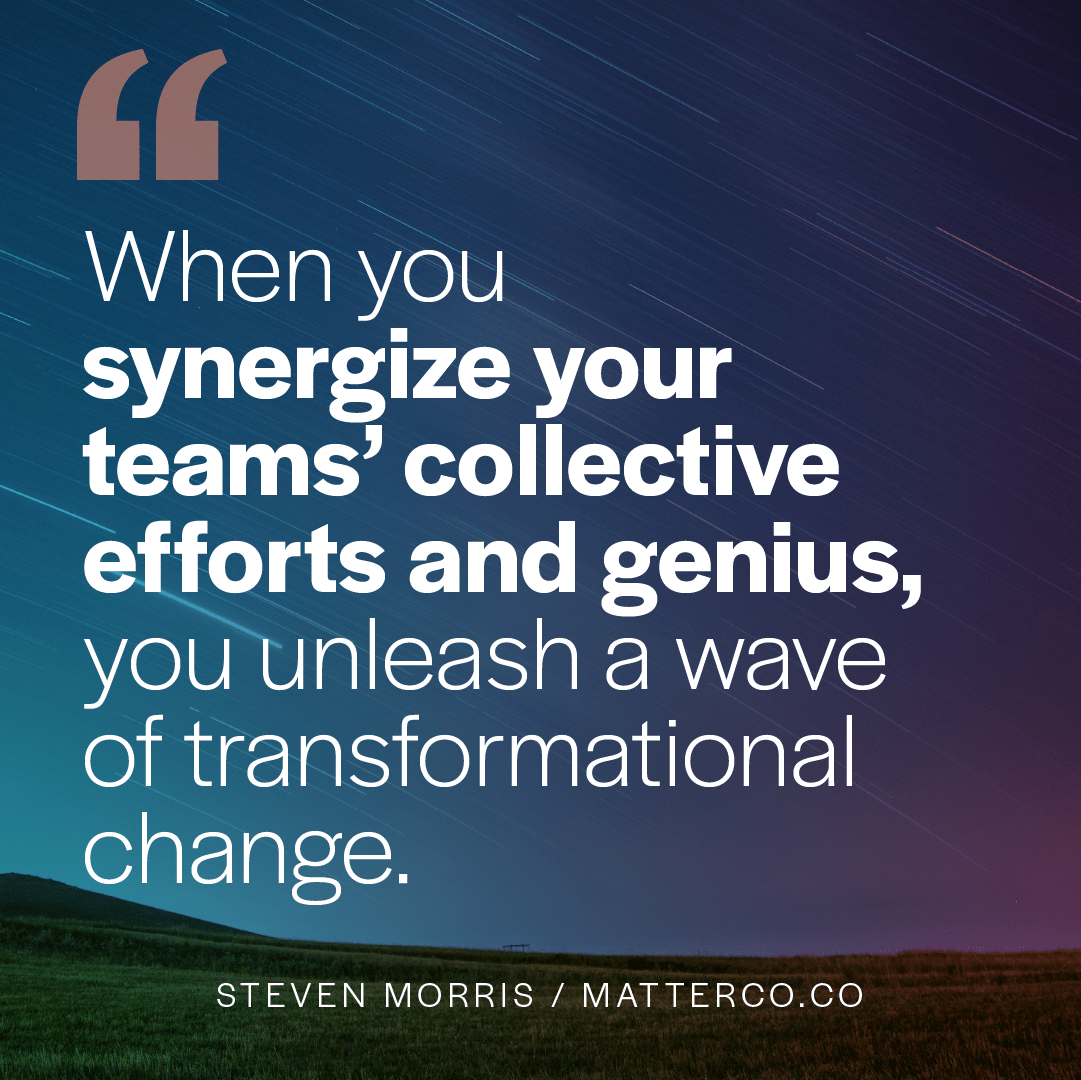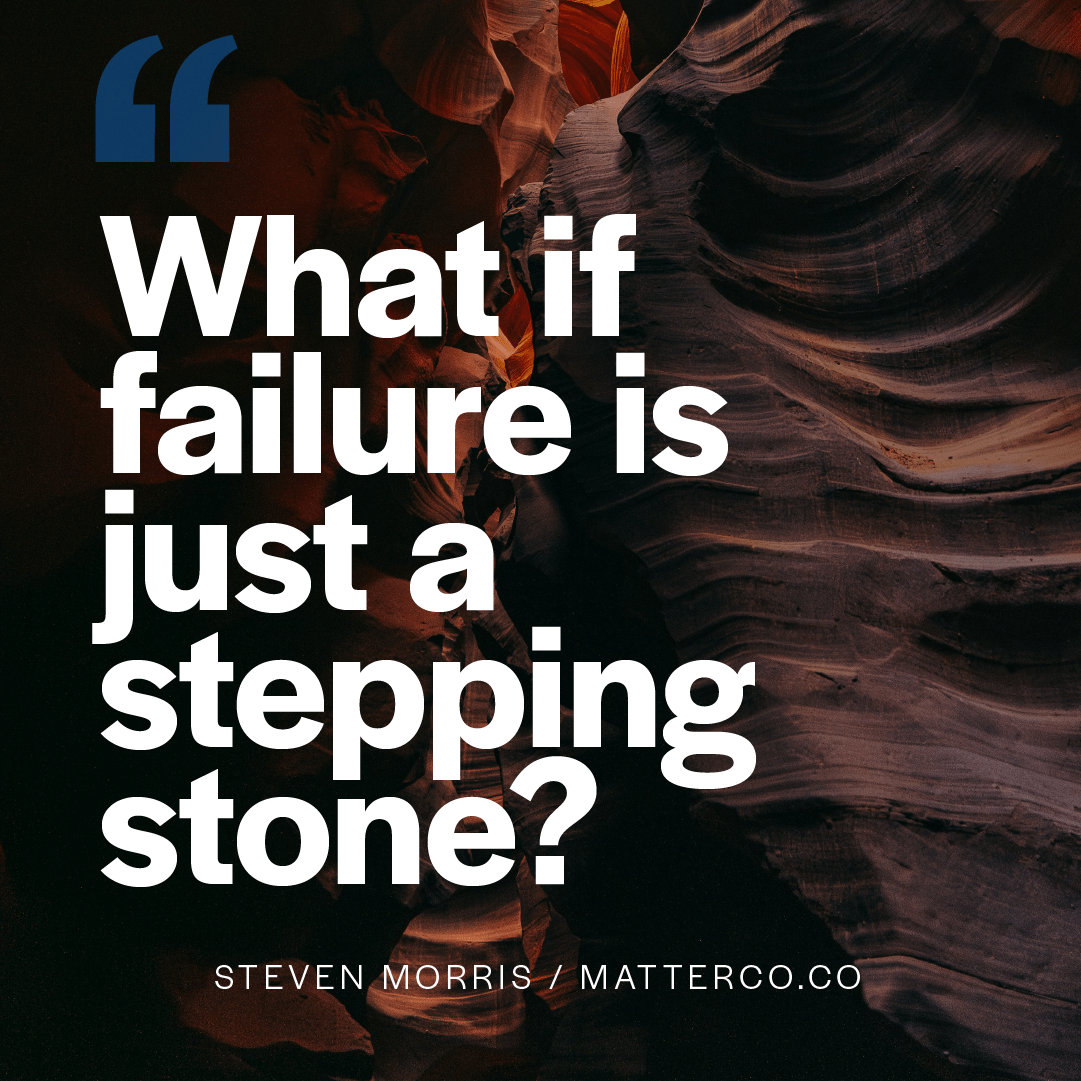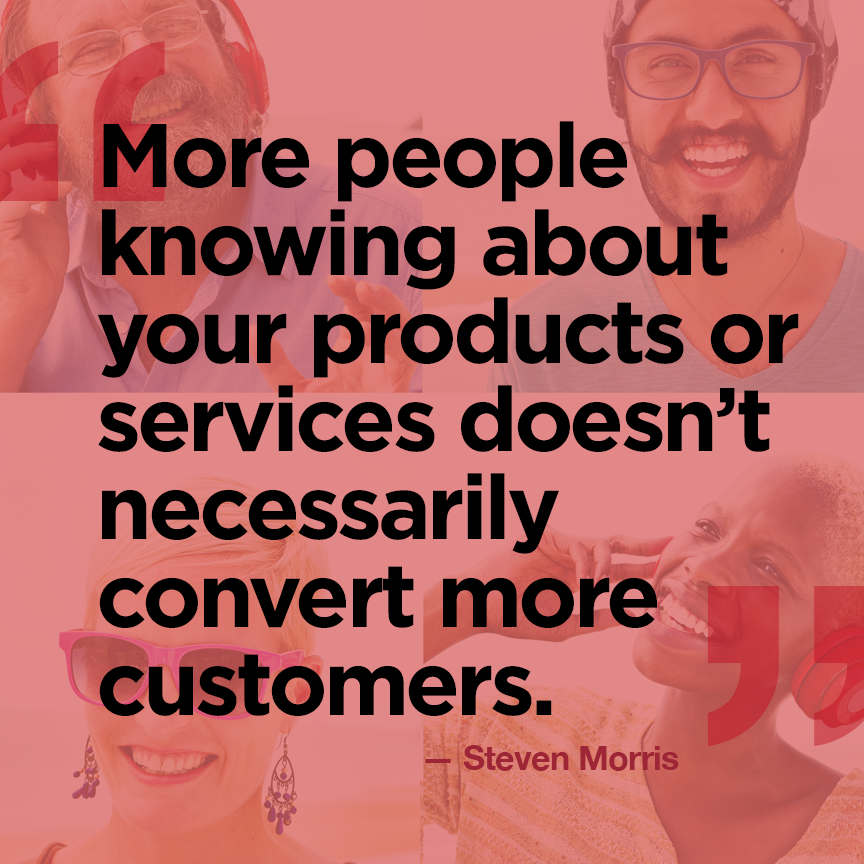
Creating Brand Resonance
Here’s the scene: I’m at a Super Bowl party hanging out with a group of friends and neighbors and watching both the game and the commercials. A light beer commercial plays with a quirky saying that the actors are repeating over and over, drilling it into the unsuspecting minds of viewer. One of my friends turns to me and says, “I don’t get it. If that’s branding, I don’t understand why they’re spending millions of dollars on a ridiculous saying.”
I quickly quip, “Oh no, that’s not branding. That’s advertising. They’re playing to the subconscious of the common-denominator viewer, trying to make us remember their brand name. Hence the repeated quirky slogan.”
The reason companies spend millions of dollars for a big ad spot is so more people will know about their products or services. Conventional wisdom would seem to dictate that if more people know about your products or services, then you’ll be more successful. But here’s the rub: More people knowing about your products or services doesn’t necessarily convert more customers. Further reach and more awareness doesn’t make your company, products, or services any better—just better-known.
Instead of recognition, brands should seek resonance.
One of the ways people tend to define beauty is that it lies within the eye of the beholder. Beauty can be subjective. What Harley-Davidson fans find beautiful is likely very different than what Subaru, Nike, or Patagonia buyers find beautiful. What resonates with you likely differs from what resonates with your neighbor.
Resonance happens when like attracts like. A brand’s most valuable customers are those that respond to what it does best.
When you focus on resonating with your audience, you can serve the right people in the right way—a manner that’s true for you and valuable to them.
Resonance is the measured connection of a brand’s meanings within the contexts of the individual’s life, the broader culture and the organization. A brand, therefor, can build resonance through one of three routes:
- Personal Resonance is the alignment between a brand’s claimed position and meaning, and how that fits within the consumer’s life. For example, a Harley-Davidson rider might find resonance with the freedom that their products offer his or her life.
- Cultural Resonance measures the degree to which a brand’s intended beliefs and meanings mirror, reinforce, echo, and reshape the meanings from the social space that consumers inhabit or access in defining and shaping their lives. These may include brands that represent a core cultural value. An example of this is how the brand of the Boston Red Sox creates a historical resonance with their fans, or how Patagonia invites a cultural freedom with their loyal customers by embarking upon silent sports.
- Organizational Resonance refers to the orientation of the brand’s designed meanings with the broader systems, structures, and the behaviors of the organization. This creates resonance on a systematic level and creates shared understanding and belonging from the employee level. This type of resonance is business model thinking. When we take a Lyft or Uber ride we’re directly connecting with an ecosystem of shared ridership, and we have direct resonance with the drivers and there for the rideshare system. One brand I work with designates storytellers to share the pinnacle historical attributes that makes this 110-year-old company unique.
In order to do this on any level, your brand needs to be clear about what you stand for, who you are, and who you are not. You must address what your customer wants and needs in a way that they understand and can emotionally respond to. Creating resonance begins with aligning beliefs—yours and your customers’. It continues as you serve the needs of your customers in a way that’s true to who you are.
Brand stories, wherever they show up (during the Super Bowl or elsewhere), resonate when brand leaders focus on finding their tribe. Brands should be persistently pursing the trifecta of self-awareness, customer awareness, and market awareness.
It’s worth a reminder that we don’t buy from brands because of what they make or do. We buy from them because of what they represent.
If you want a more trusting team, a culture of belonging or a magnetic brand that attracts more of the right customers, I can help. If you'd like to explore if working together makes sense, drop me a line.




